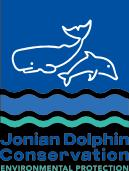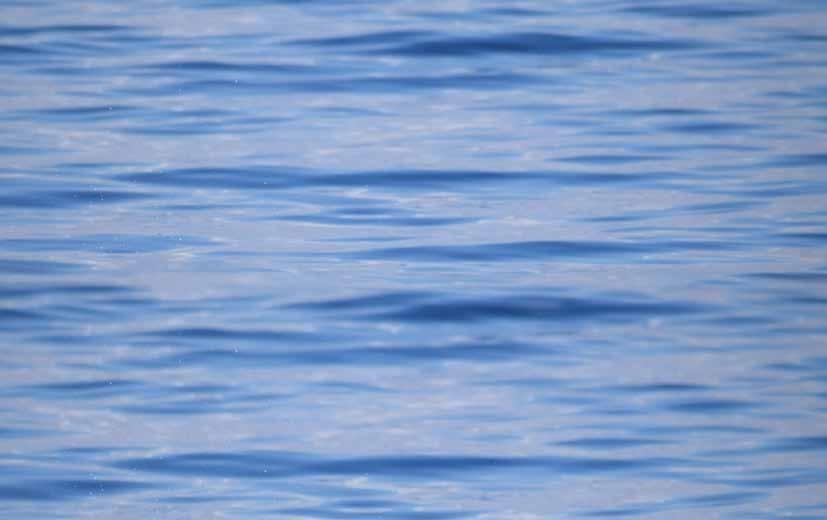BIOTOURS 2.0
BIOTOURS 2.0
BIOdiversity and ciTizen science crOss border strategy in soUth adRiatic to protect cetaceanS 2.0
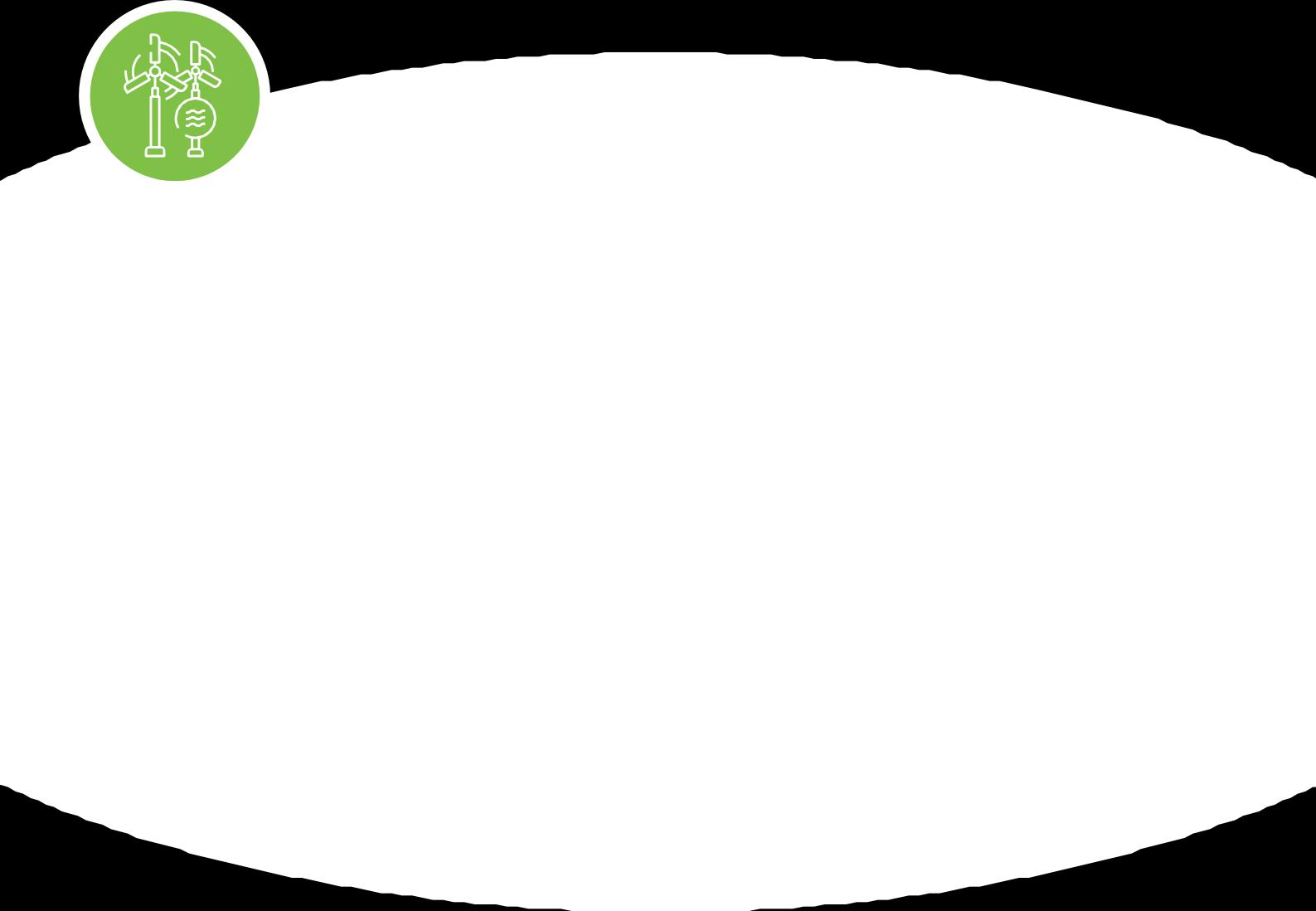
SECOND 2 NEWSLETTER
DEAR READER, WELCOME TO THE SECOND BIOTOURS NEWSLETTER.
WE ARE HAPPY TO PRESENT YOU THE SECOND NEWSLETTER OF BIOTOURS 2.0 -BIODIVERSITY AND CITIZEN SCIENCE CROSS BORDER STRATEGY IN SOUTH ADRIATIC TO PROTECT CETACEANS 2.0. IN THIS EDITION, WE WILL INTRODUCE YOU TO THE ‘WORKSHOP ON DATA COLLECTION THROUGH CITIZEN SCIENCE’ WHICH WAS HELD ON JUNE 25TH IN TARANTO, ITALY. ENJOY READING!

JONIAN DOLPHIN CONSERVATION
ORGANIZED
THE ‘WORKSHOP ON DATA COLLECTION THROUGH CITIZEN SCIENCE’ WAS HELD ON JUNE 25TH IN TARANTO, ITALY.
The event featured two sessions: The first on board of Jonian Dolphin Conservation catamaran for the second at Taranto Cetaceans Education Centre – KETOS.
Before Boarding the fundamentals of citizen science, emphasizing its role in advancing scientific knowledge and environmental conservation were shared with partecipants. The event aimed at exploring the potential of citizen science in marine conservation, specifically focusing on cetacean research. The event brought together researchers, conservationists, and enthusiasts to discuss best practices, share experiences, and foster collaboration.
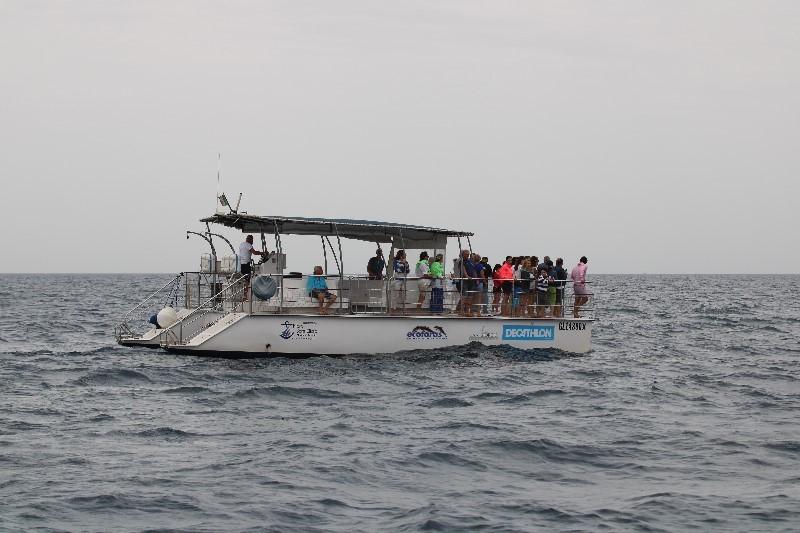
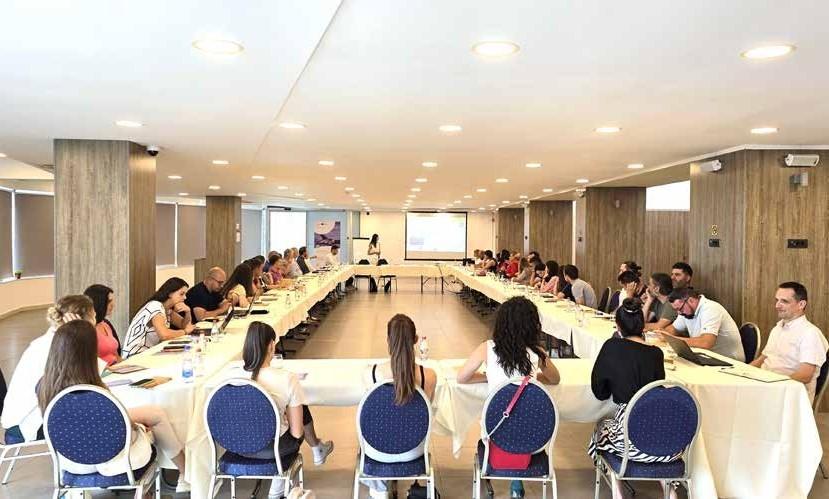
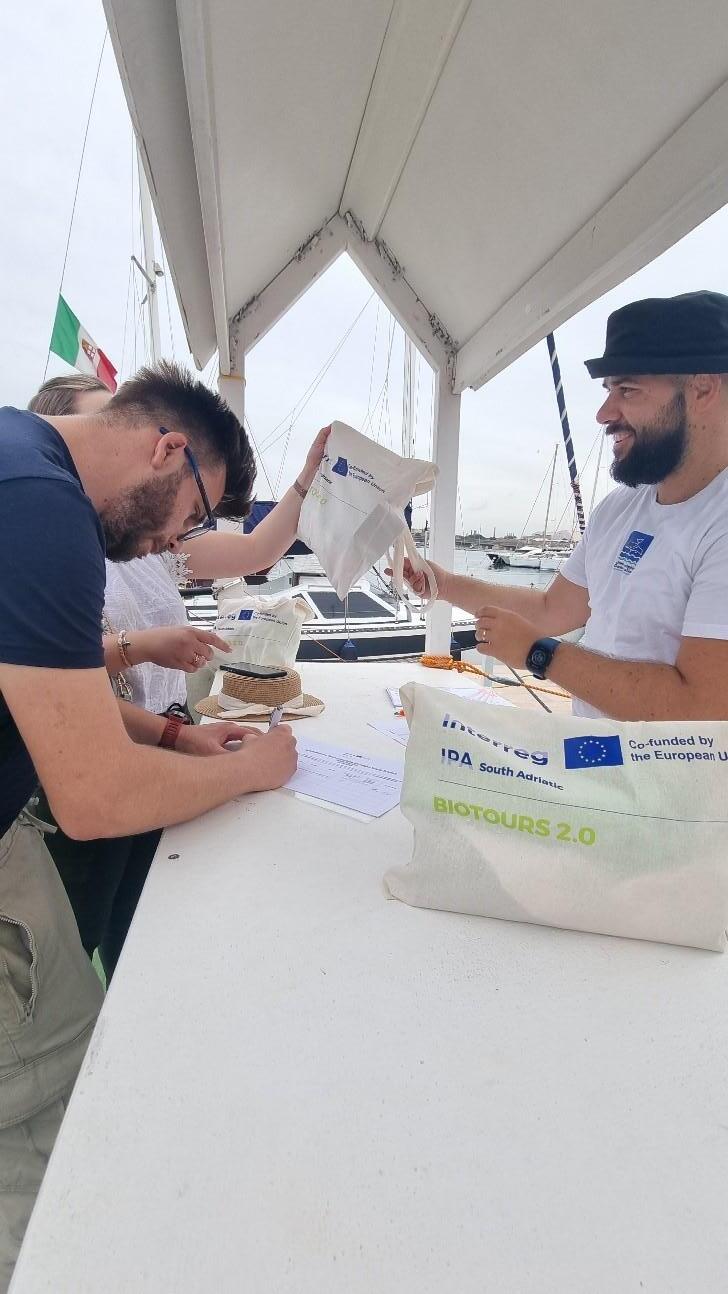
Session 1: Data Collection through Citizen Science
9:00 - 15:00
The first session delved into the fundamentals of citizen science, emphasizing its role in advancing scientific knowledge and environmental conservation.
Key topics included:
- A clear definition of citizen science and its benefits, such as increased public engagement, cost-effective data collection, and broader geographic coverage;
- Case Studies and Best Practices: examples of successful citizen science projects in marine conservation, highlighting lessons learned and best practices for data collection, quality control, and analysis through the years;
- Hands-on Data Collection Activity: Researcher for a day, practical exercise on board of Jonian Dolphin Conservation catamarans for real-world data collection on cetaceans, involving participants in finding and identifying species, recording behaviors, and collecting environmental data;
The first session was held on board of Taras and Extraordinaria, Jonian Dolphin Conservation reseach catamaras were respectively M.Sc.
Francesca Cornelia Santacesaria – Bari University researcher and M.Sc.
Clemente Nicola - Taranto Cetaceans Education Centre Coordinator conducted the survey at sea. A pod of striped dolphins was sighted and together with newborn calves.
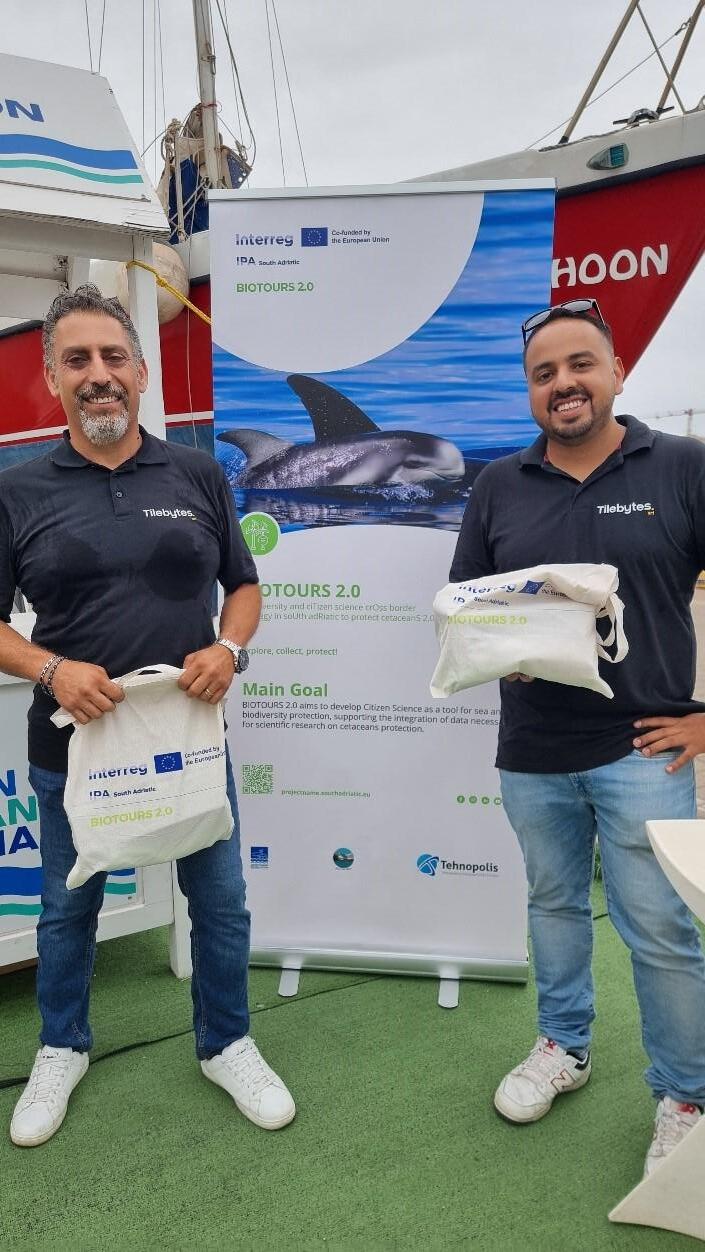
CITIZEN SCIENCE
DATA COLLECTION
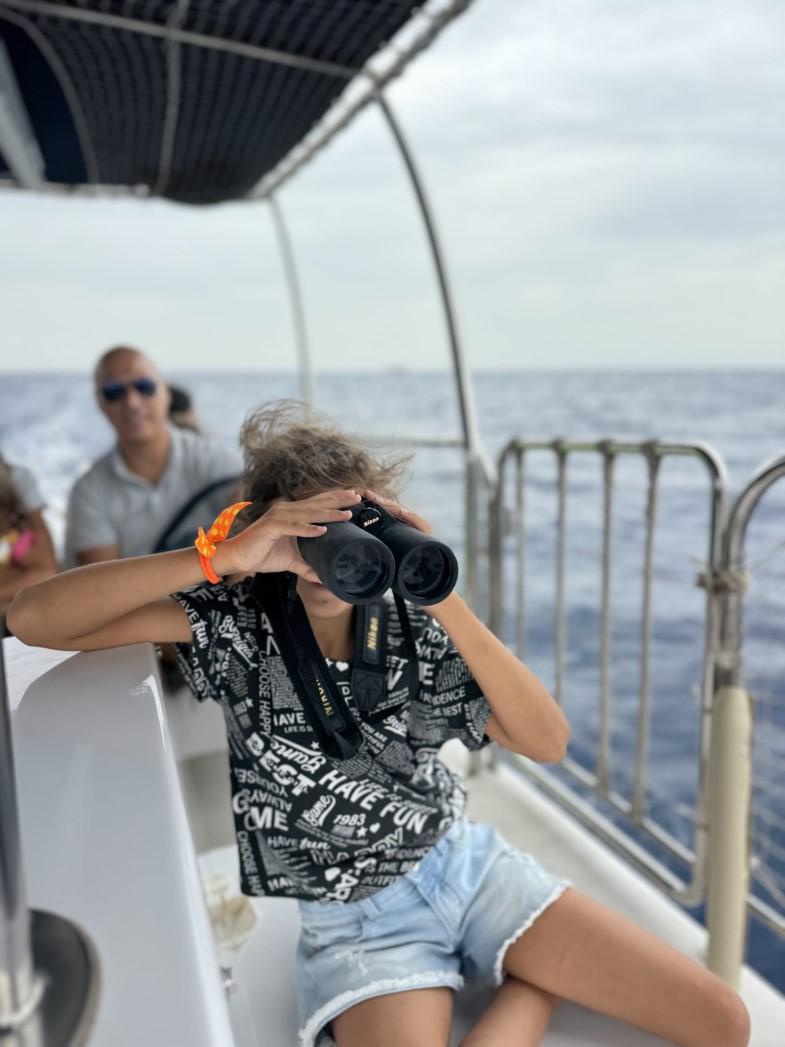
Session 2:
Ketos - Taranto Cetaceans Education Centre
15:00 - 17:30
The second session took place at Ketos - Taranto Cetaceans Education Centre, providing participants with a deeper understanding of cetacean biology, ecology, and conservation. Key activities included:
- Guided tour of the center expositions, showcasing the diversity of cetacean species in the Mediterranean Sea and their ecological significance. Participants had the opportunity to experience VR (virtual reality) and its application to marine life conservation. As part of the visit included observing the skeleton of Phoebe, the Cuvier's beaked whale that washed up on the island of San Pietro (TARANTO) in 2019 and has become an important feature of the center exhibit.
Q&A Session: an interactive session where participants had the opportunity to ask questions and discuss emerging issues in marine conservation.
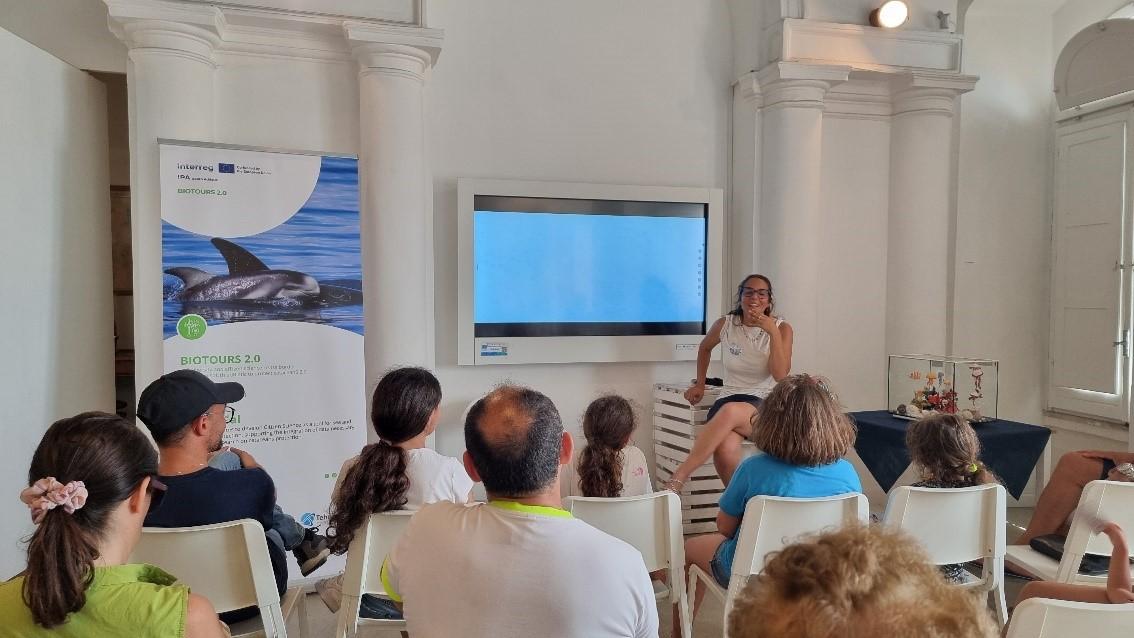
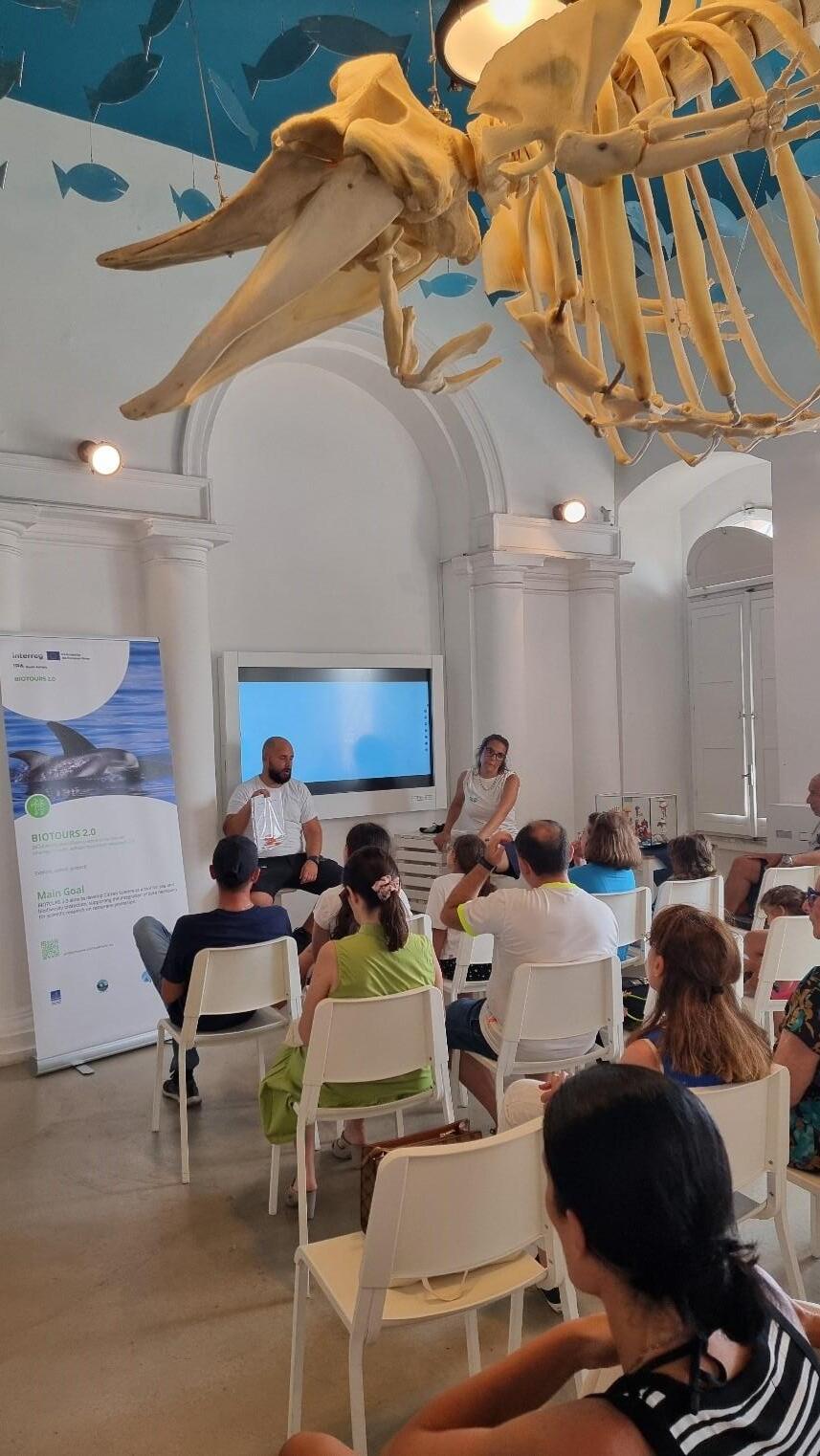
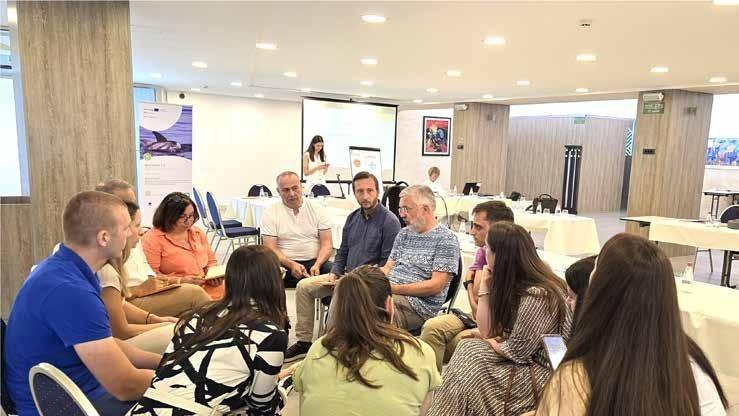
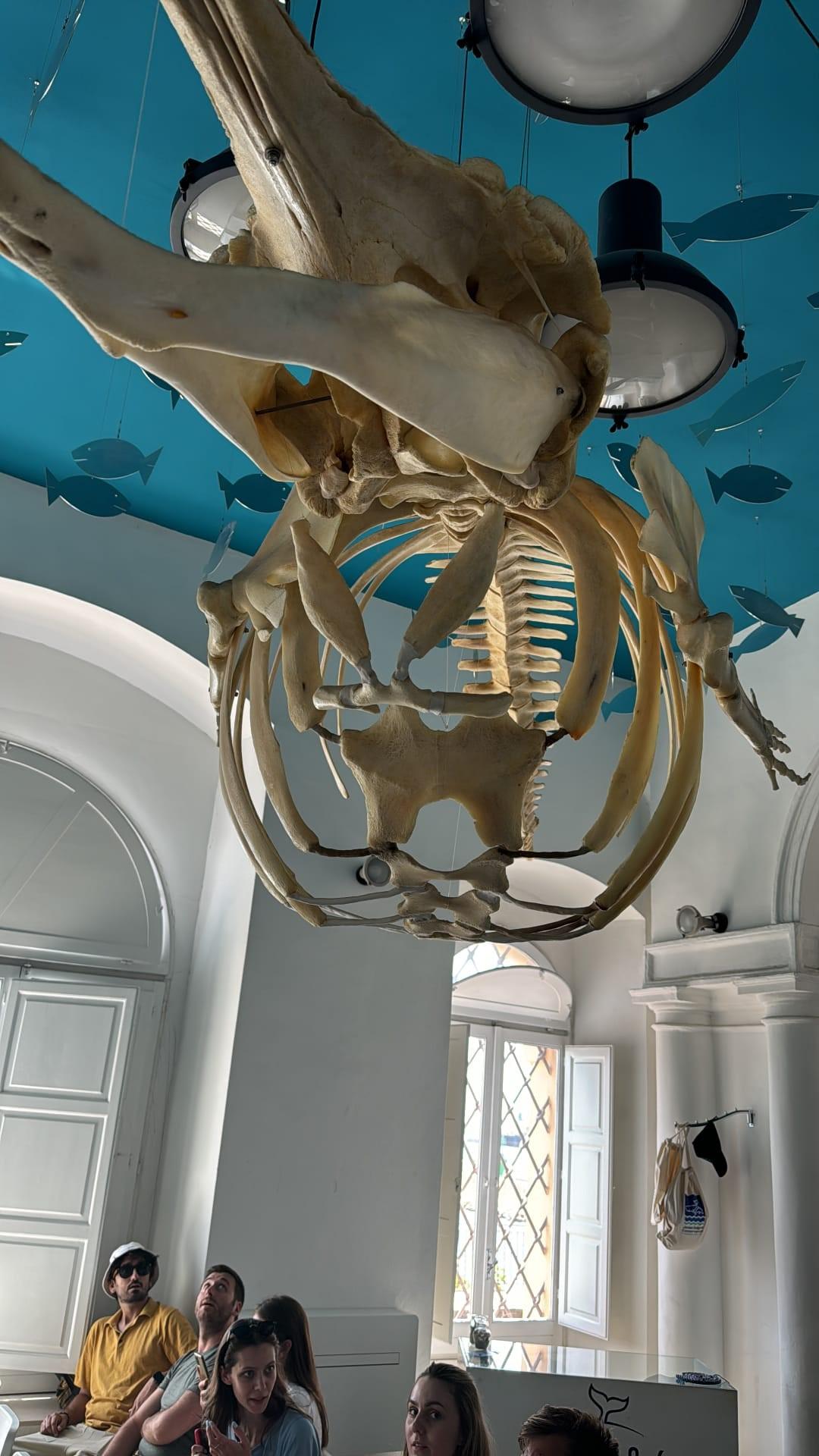
Workshop Outcomes
The workshop was highly successful in achieving its objectives and fostering a sense of community among participants. Key outcomes and recommendations include:
- Increased awareness about the importance of citizen science in marine conservation and the specific role of citizen scientists in collecting valuable data on cetaceans;
- Participants gained practical skills in data collection techniques, species identification, and data recording;
- Strengthened collaborations the event facilitated networking and collaboration among researchers, conservation organizations, and citizen scientists thanks also to the participations of the respective project partner institutions and organizations.
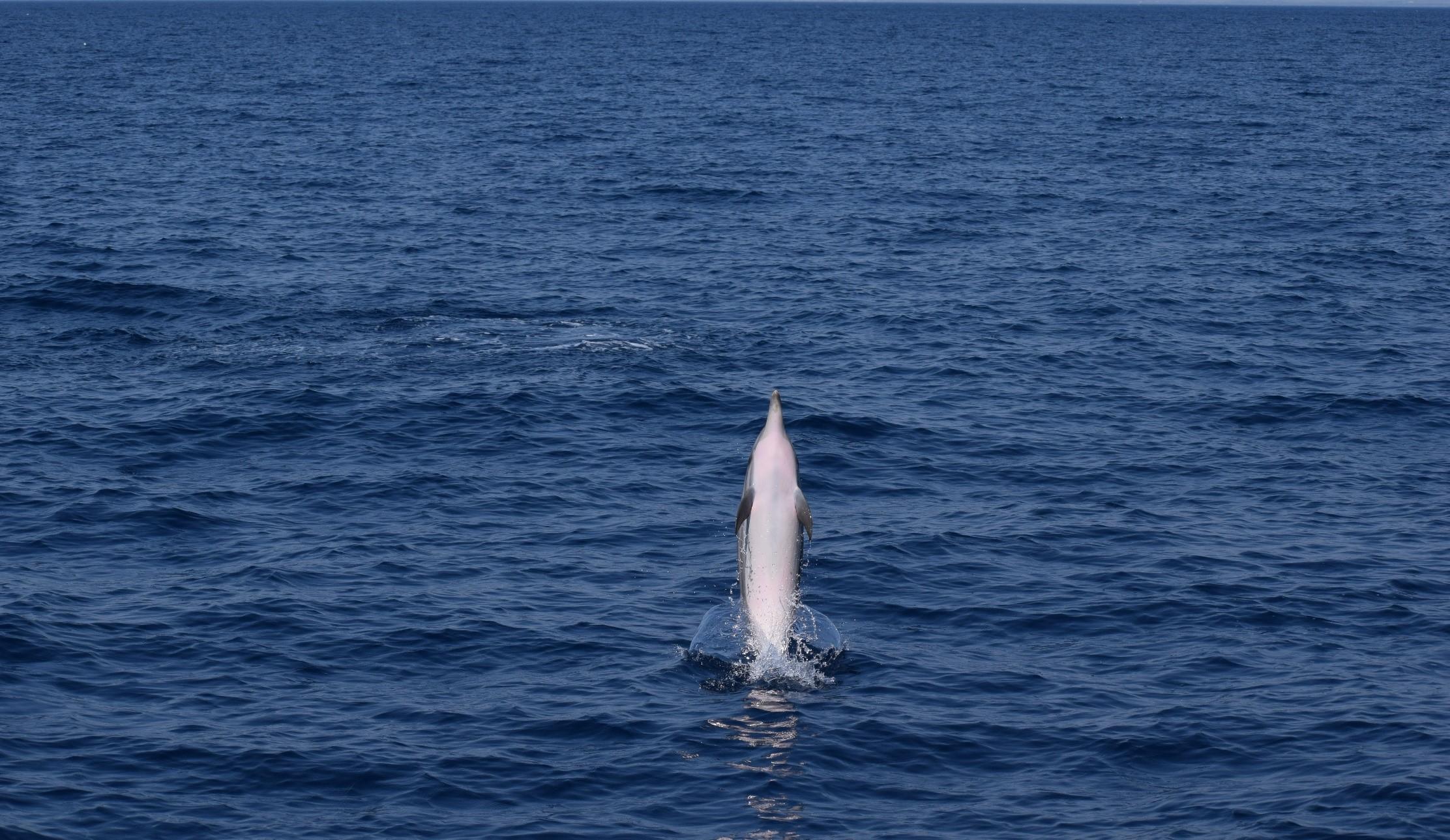
Recommendations
- Data Quality: the importance of data collection standardization and quality to ensure the reliability of citizen science data.
- Participant Training: provide comprehensive training to citizen scientists to equip them with the necessary skills and knowledge.
- Data Sharing and Accessibility: promote data sharing and open access to data to facilitate scientific research and policy-making.
- Long-term Engagement: develop strategies to maintain participant engagement and motivation over time.
Conclusion
The workshop on Data Collection through Citizen Science was a valuable opportunity to share knowledge, inspire action, and build a strong community of citizen scientists dedicated to marine conservation. By implementing the recommendations outlined in this report, we can further empower citizen scientists to make significant contributions to our understanding and protection of marine ecosystems in the South Adriatic area.
